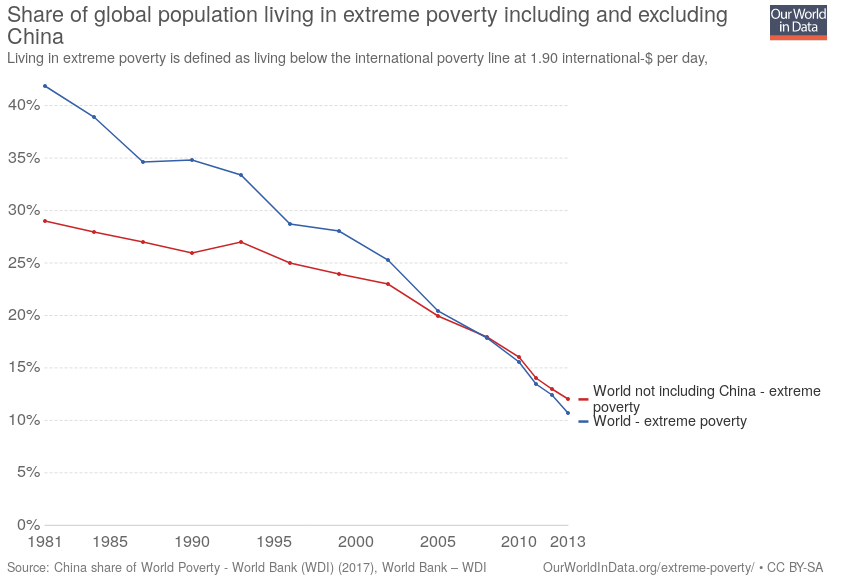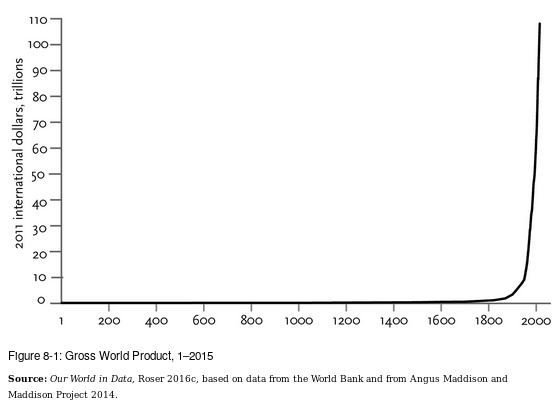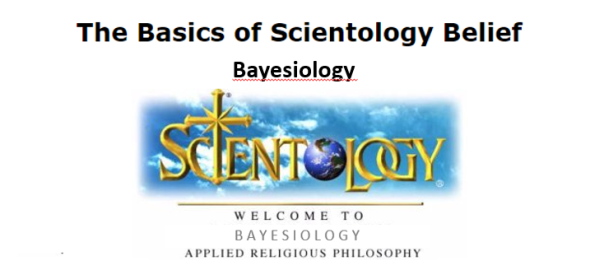Deja vu: the Edmonton Pride parade halted in the face of a brief protest, and after considering the protester’s demands the organisers decided to ban police and RCMP from marching with them. Something similar happened in Calgary last year, when protesters convinced Pride organisers to block police/RCMP from walking with Pride while in uniform (inadvertently causing our local CFI affiliate to implode and rebrand, which was for the best).
I’m not a member of the LGBTQIA2S+ community, but I can understand the sentiment.
Not wanting to lose the momentum gained from Stonewall, the newly empowered LGBT rights leaders in several different cities began mobilizing, trying to answer the question “Now what?”
On November 2, 1969, at the Eastern Regional Conference of Homophile Organizations in Philadelphia, the first pride march was proposed by way of a resolution. The Christopher Street Liberation Day march was then held in New York City on June 28, 1970, marking the first anniversary of the Stonewall riots with an assembly on Christopher Street and a march covering the 51 blocks to Central Park. […]
In 1970, walking in broad daylight with a sign saying you were a homosexual was not only terrifying but could prove deadly. Many of the marchers in those first Pride events were genuinely scared they might not make it to the end of the route. They had no idea where they were going to finish or if anyone would show up to march with them or if they would even make it halfway down the street without being mobbed by an angry, violent crowd.
Pride parades began as a protest against police violence, as well as a defiant show of existence. The pageantry that arrived in later years was a natural consequence.
The oft-echoed reason for the necessity of a parade is that there is still work to be done. There is still a lack of equality and there are still people who are afraid of coming out. The jovial and unrepressed nature of a parade can be inspiring.
Another reason? It’s just fun, writes travel blogger Adam Groffman. In a movement that is so frequently grabbing headlines for issues such as marriage inequality and bullying against LGBT youth, it’s even more imperative to balance that out with an image of “fun and cheer.”
In a time when the rights of LGBT+ people are under increasing attack, it was also natural that the protest side of Pride parades would reassert itself. And let’s face it, the police have a very bad track record with this community. In 1967, a Calgarian named Everett Klippert was branded a “dangerous sex offender” and served four years in prison for being gay. In the 1970’s, police demanded the university records of gay students at the University of Calgary and set up “sting operations” to catch them hooking up. On December 12th, 2002, Calgary police raided the Goliath bathhouse. Despite finding no evidence of wrong-doing, it took three years for the charges to be dropped, and even then the police thought they’d done nothing wrong.
“Prior to December 12, I would’ve said that Calgary Police Service is not a homophobic organization,” said [Steven] Lock outside the courthouse. “Post December 12, I don’t have that view anymore.”
That sort of thing leaves a mark.Mix in the increasing activism from people of colour and the First Nations about police brutality, and you’re more than justified from excluding uniformed police from marching in Pride parades.



